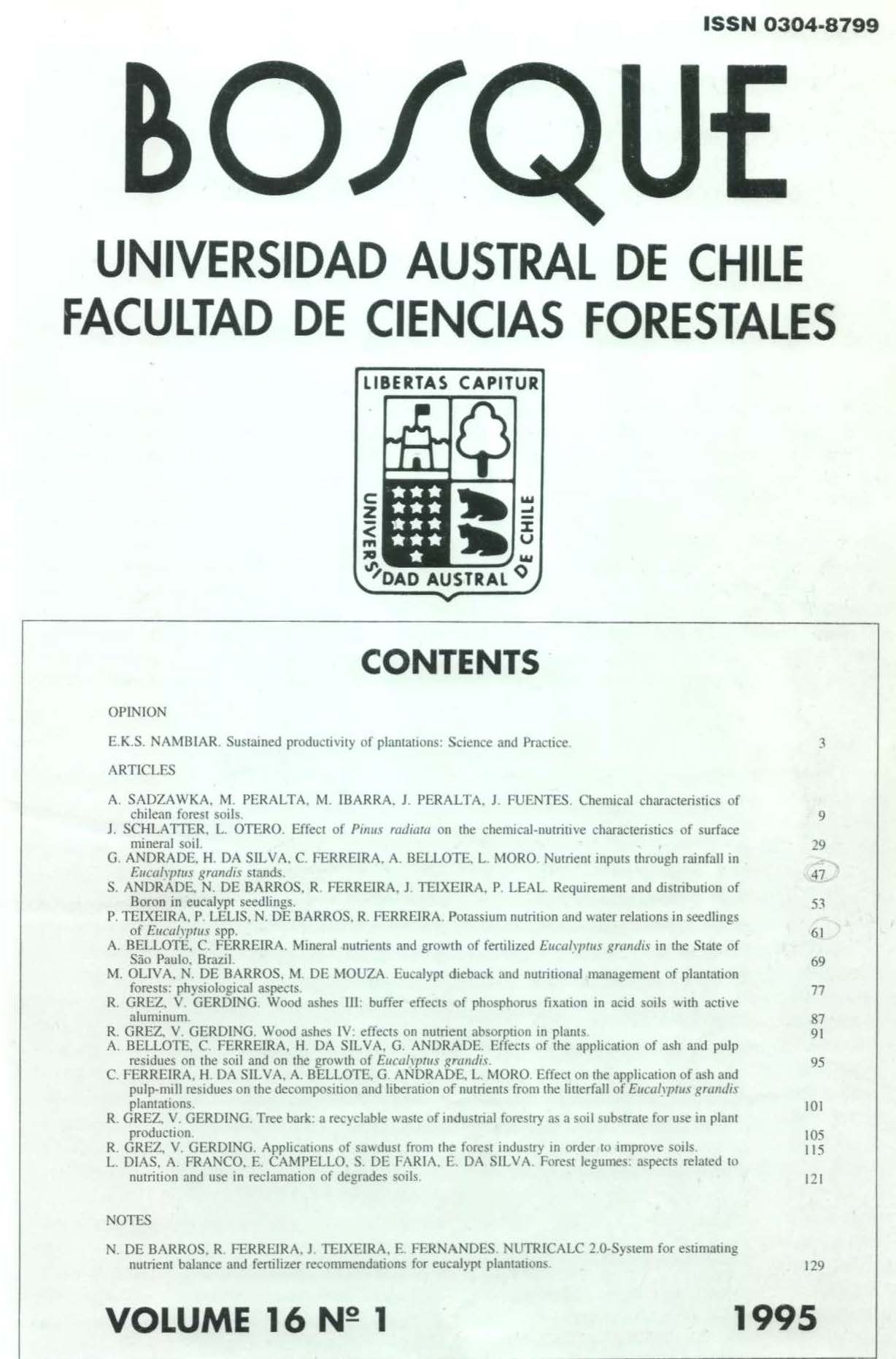Main Article Content
Jun 30, 1995
Abstract
Characterized as aggressive pioneer species that produce large amounts of biomass, forest legumes have shown exceptional qualities in studies of rehabilitation of degraded soils. When associated with atmospheric nitrogenfixing bacteria and mycorrhizal fungi, these species show superior nutrient utilization and growth capacity in adverse soil conditions. The objective of this paper is to present the principal results obtained in the Research Program on Use on Nodulated and Mycorrhizal association Legume Species in Rehabilitation of Degraded Areas, developed by Embrapa/CNPAB in conjunction with the Federal University of Viçosa, Brazil. Greenhouse experiments have shown that these species have great tolerance to Al 3+ toxicity and efficient use of K, Ca and Mg. On the other hand, all the evaluated species proved responsive to phosphate fertilization.


